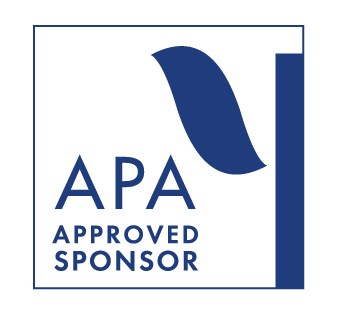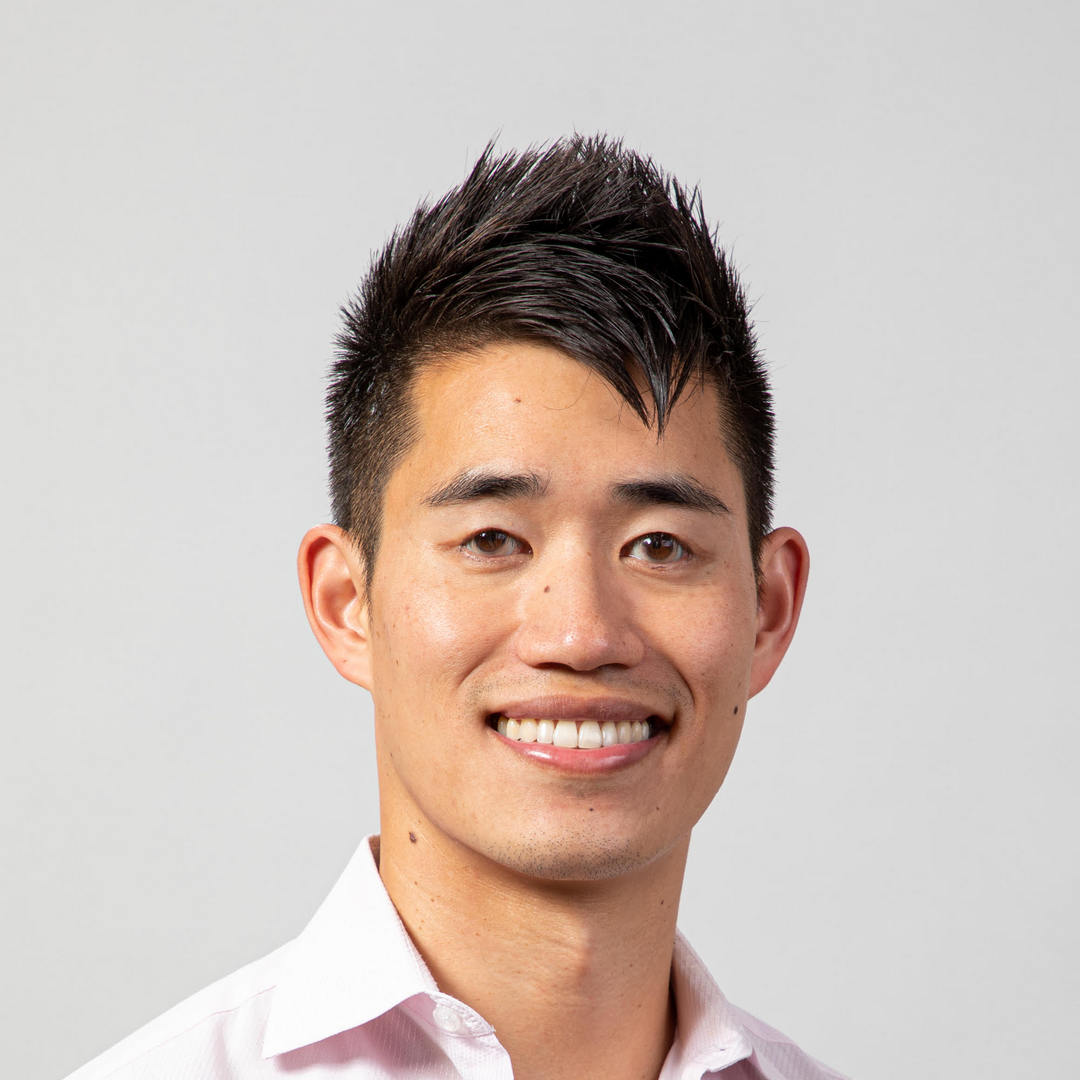There is a high co-occurrence of autism with gender diversity. Studies show that trans and gender diverse people have 3-6x the odds of being autistic. However, many are not identified in childhood due to limitations of standard autism screening and assessment tools and many have learned to mask and camouflage their autistic traits. Drawing on his experience caring for dozens of autistic trans and gender diverse youth and adults, Dr. Zhou has put together a training for clinicians who may care for these individuals. This training will be divided into three parts: background, assessment, and treatment.
Who Should Take This Course?
This course is ideal for professionals who work with gender-diverse and neurodivergent individuals in clinical, educational, or advocacy settings. It is designed for those seeking a deeper understanding of the intersection of autism and gender diversity, offering practical strategies for assessment, treatment adaptation, and affirming care. Whether you are a clinician looking to refine your diagnostic approach, a healthcare provider navigating gender-affirming care for autistic individuals, or an advocate aiming to create more inclusive support systems, this training provides the knowledge and tools needed to foster empowerment and self-understanding in the individuals you serve.
What we will Cover:
Part 1: Background
Dr. Zhou will provide an overview of neurodiversity, including basic terminology, contrasting the neurodiversity paradigm with the pathology paradigm, and the social model of disability with the medical model of disability. He will provide an introduction to autism and share what the research literature has to say about the overlap of autism with gender diversity. He will discuss cultural considerations for how autism may present differently in those who are from racial, ethnic, and linguistic minority communities.
Part 2: Assessment
Dr. Zhou will share foundational principles guiding his approach to autism assessment. He will discuss how to screen for autism and how to set up the clinical interview. He describe in-depth the autism diagnostic criteria, and how they may present in individuals who have learned to mask and camouflage. He will discuss when to consider formal neuropsychological testing, and the strengths and limitations of various standardized autism assessment tools. He will explore the pros and cons of having a formal diagnosis of autism in the medical record, and how to have an informed consent-based discussion with patients about this. He will share how to counsel about an autism diagnosis from a neurodiversity-affirming perspective. He will also offer strategies for conducting gender health evaluations of autistic trans and gender diverse youth and adults.
Part 3: Treatment
In the final part of the training, Dr. Zhou will focus on strategies for modifying or adapting one’s clinical practice to better serve autistic gender diverse youth and adults. He will share general tips for how to be more neurodiversity-affirming. He will discuss psychotherapy adaptations for the autistic nervous system and which modalities may be more supportive. He will share insights into psychopharmacological considerations as autistic individuals may respond differently to medications and be more sensitive to side effects. Finally, he will discuss managing the common co-occurring conditions that autistic individuals experience.
- Neurodiversity Framework – Understanding key terminology and contrasting neurodiversity and pathology paradigms.
- Autism & Gender Diversity – Exploring research on the overlap and unique presentations across diverse communities, including the concepts of autigender and gendervague.
- Cultural Considerations – Examining how race, ethnicity, and language influence autism presentation and assessment.
- Screening & Diagnosis – Identifying autism in gender-diverse individuals, recognizing masking, and evaluating assessment tools.
- Informed Consent & Diagnosis – Discussing the benefits and challenges of formal diagnosis and guiding patient-centered decision-making.
- Gender Health Evaluations – Best practices for assessing autistic transgender and gender-diverse youth and adults.
- Treatment & Therapy Adaptations – Adjusting psychotherapeutic and psychopharmacologic interventions to support the autistic nervous system.
- Co-Occurring Conditions – Strategies for managing common co-occurring mental health concerns.
Learning Objectives:
- Define basic terms relating to neurodiversity
- Describe the co-occurrence of autism and gender diversity
- Define the female autism phenotype and how this concept may be applied to people of diverse gender identities
- Discuss the phenomenon of masking and its impact on autistic individuals
- Describe the strengths and limitations of existing autism assessment tools
- Identify cultural considerations that may influence the presentation of autism
- Describe the diagnostic criteria for autism, and how it may present differently in individuals who have learned to mask
- Describe the benefits and risks of having a formal diagnosis of autism
- Counsel and educate about an autism diagnosis from a neurodiversity-affirming perspective
- Identify at least 3 ways to support autistic trans and gender diverse individuals seeking gender-affirming interventions
- Name at least 3 strategies for modifying one’s practice to be more neurodiversity-affirming
- Describe at least 2 ways to adapt psychotherapeutic treatment for autistic nervous systems
- Identify an approach for managing co-occurring conditions commonly seen in autistic individuals
 6 CE Credits Available
6 CE Credits Available
The Gender Health Training Institute is approved by the American Psychological Association to sponsor continuing education for psychologists. Gender Health Training Institute maintains responsibility for this program and its content.
Who is leading this workshop?

A. Ning Zhou, MD (he/him/他)
A. Ning Zhou, MD (he/him/他) is a child, adolescent, and adult psychiatrist at the San Francisco Department of Public Health (SFDPH), volunteer clinical faculty at UCSF, and in private practice. He completed medical school at the University of Chicago Pritzker School of Medicine, psychiatry residency at the University of California, San Francisco (UCSF), and child & adolescent psychiatry fellowship at NewYork-Presbyterian/Columbia and Cornell. At SFDPH, he works at a community clinic serving queer and trans youth, a primary care clinic, and a specialty mental health clinic. He co-facilitates two consultation groups at SFDPH, one focused on gender, and one focused on autism and co-occurring conditions. At UCSF he supervises psychiatry trainees/students and directs the LGBTQ+ Mental Health Area of Distinction. He is a World Professional Association for Transgender Health (WPATH) Standards of Care 8 Certified Mentor and Member and teaches about neurodiversity for the WPATH Global Education Initiative. In addition, he has a private practice with a focus on serving gender diverse and neurodivergent youth and adults.
Frequently Asked Questions
The workshop is 6 hours long, including breaks and time for Q&A.
6 CE Credits Available
The Gender Health Training Institute is approved by the American Psychological Association to sponsor continuing education for psychologists. Gender Health Training Institute maintains responsibility for this program and its content.
